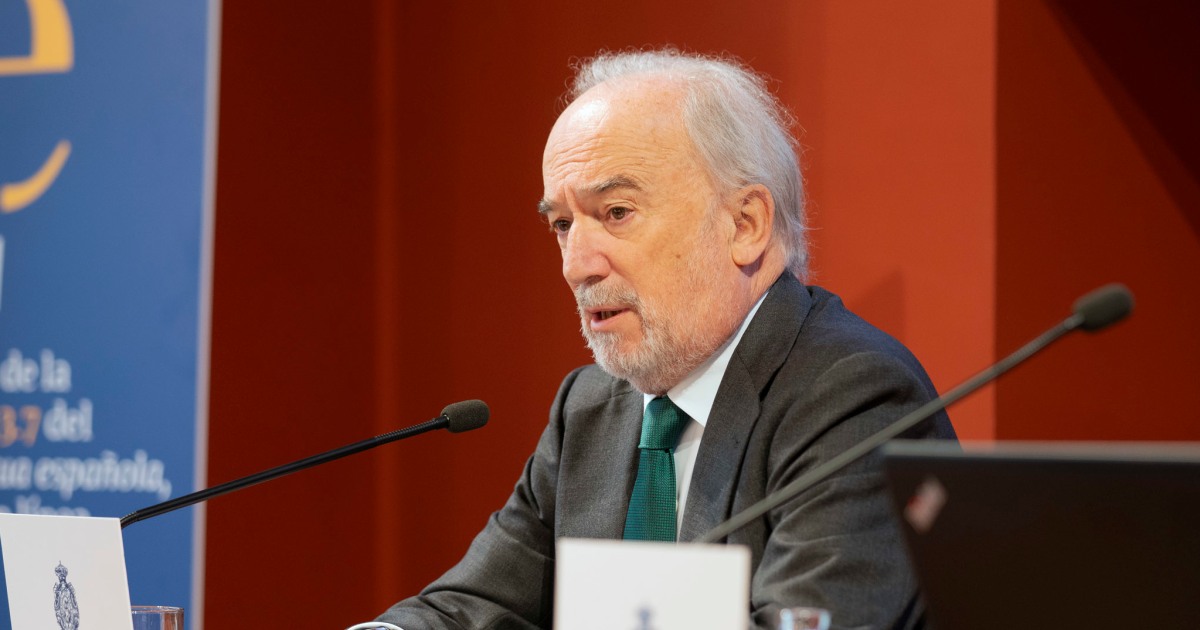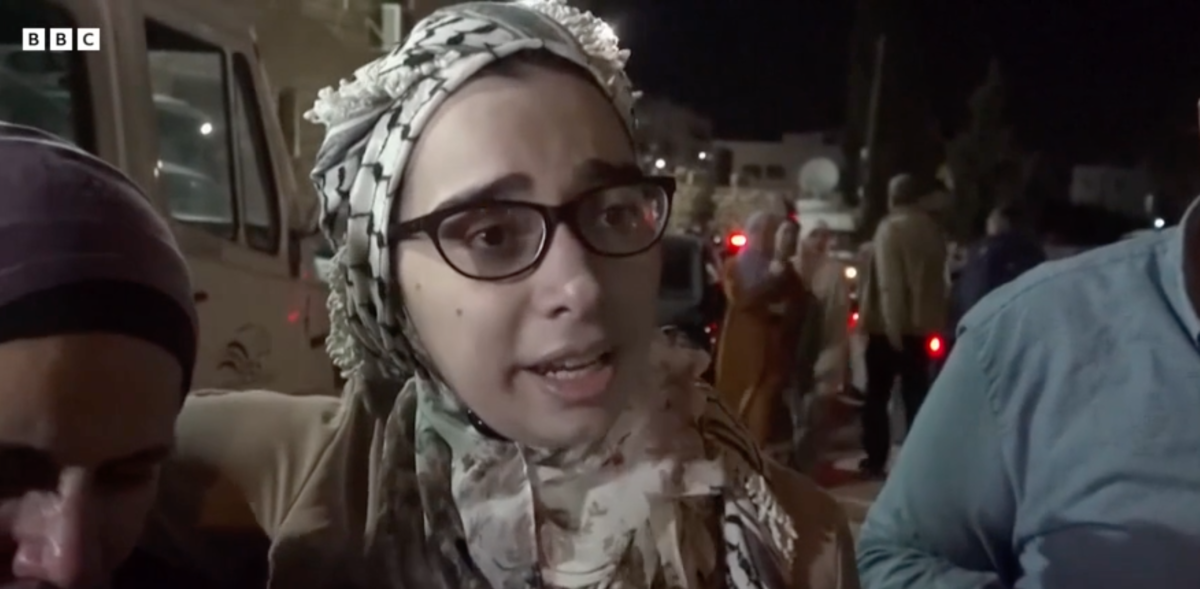
"Perreo," the name of the dance performed to the rhythm of the widely popular Latin urban genre reggaeton, which has deep roots in Puerto Rico, is officially a Spanish word.
It's one of the more than 4,000 new terms and definitions added to the dictionary of the Real Academia Española, or Spanish Royal Academy, on Tuesday.
According to the Real Academia Española, the official definition of “perreo” is, “dance that is generally performed to the rhythm of reggaeton, with erotic hip movements, and in which, when dancing in pairs, the man usually places himself behind the woman with their bodies very close together.”
The Real Academia Española is considered to be the Spanish-speaking world’s top linguistic institution and the final arbiter on the use of the Spanish language globally.
The word "perreo" has been commonly used in Puerto Rico since at least the early 1990s, when the first reggaeton tracks emerged. At the time, the genre was known as “underground.” It became known as reggaeton after artists started infusing the distinctive dem bow beats that define the genre today.
Institutions such as the Academia Puertorriqueña de la Lengua Española, or the Puerto Rican Academy of the Spanish Language, have tried to get this and other Puerto Rican words recognized by the Real Academia Española.
The Puerto Rico-based academy promotes the preservation and study of Puerto Rican Spanish on the island.
"In Puerto Rico, the media has published, on the front page, words from that academy that caught my attention such as a 'perreo,'" Santiago Muñoz Machado, director of the Real Academia Española, said in a news conference Tuesday. "The most modern of us will know that it is a dance that is generally performed to the rhythm of reggaeton."
In addition to local media integrating the use of the term "perreo" into the Spanish vocabulary of Puerto Rico, the word became known in other Spanish-speaking countries as reggaeton became more popular.
Puerto Rican artists like Daddy Yankee and Bad Bunny are often credited for the globalization of reggaeton, with the latter even winning a Latin Grammy for best reggaeton performance for his hit "Yo Perreo Sola" in 2020.
For more from NBC Latino, sign up for our weekly newsletter.




